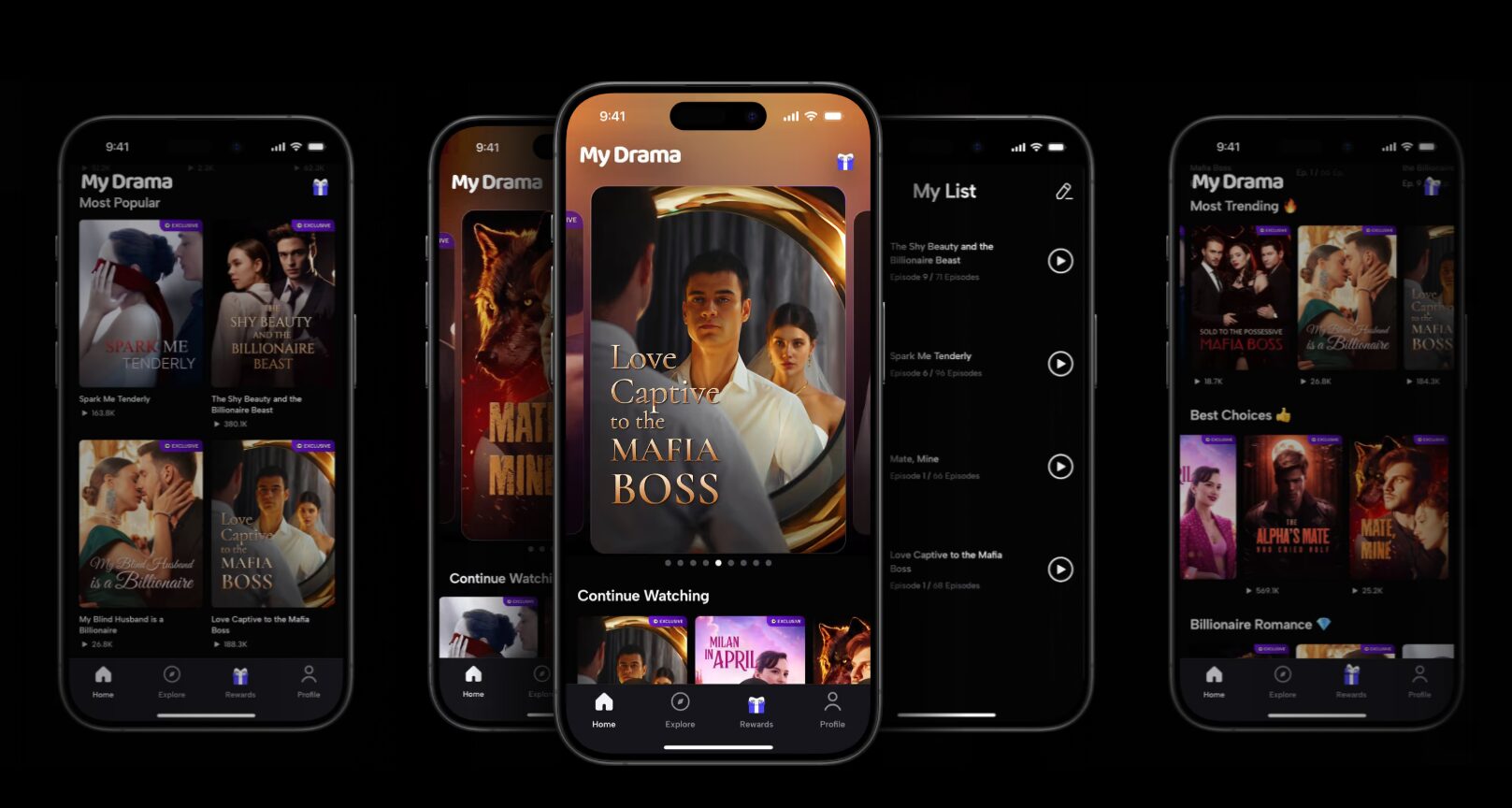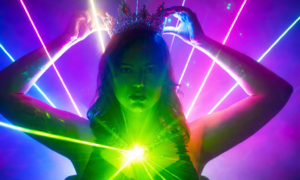AI is already making its mark on Hollywood, and the integration of artificial intelligence into the film industry is already reshaping how movies are produced. However, the question remains: can AI replicate both the creativity and the emotional depth needed to light up the silver screen?
1) Scriptwriting and AI: The Creative Assistant
Can a machine write a compelling story? Though AI can help brainstorm ideas and refine dialogue, without imagination, it can’t. Large language models (LLMs) like Open AI and Google Bard scrape previously produced novels, screenplays, and other narratives to generate ideas, character arcs, or propose alternative endings. Though, arguably, the same can be said for many screenwriters. Presently, AI tools like ScriptBook and Greenlight Essentials help to analyse scripts for better flow.
2) AI in Pre-Production: Smarter, Faster, Cheaper
In traditional filmmaking, pre-production is both time-consuming and costly. Here AI shines by automating tasks like location scouting, casting, and budgeting, while reducing expenses by at least 10%. Today’s casting directors utilize AI-driven facial recognition and performance analytical tools to whittle down a shortlist of actors. Coupled with Cinelytic’s analytics, studios can estimate an actor’s box office draw based on previous projects.
Visual production also relies heavily on AI. For example, Disney’s The Mandalorian makes use of tools like Unreal Engine and NVIDIA’s Omniverse AI to create virtual sets in real-time.
3) Production and AI-Driven Automation
AI plays a role in both automation and optimization. AI-powered drones have revolutionized cinematography. For example, Skydio drones navigate around a set using computer vision coupled with machine learning.
Tracking moving subjects whilst navigating obstacles allows directors to capture dynamic sequences such as those seen in Michael Bay’s Ambulance. At the same time, sound tools like Cleanfeed and AudioMix can isolate dialogue from background noise thereby saving in costly post-production.
Finally, tools like Weta Workshop and Digital Domain are creating hyper-realistic characters utilising AI-driven facial animation. Generative Adversarial Networks (GANs) train on vast amounts of data to generate photorealistic images. Martin Scorsese used this technology to great effect for de-aging Robert De Niro in The Irishman.
4) Post-Production: The AI Powerhouse
Of all the stages of filmmaking, post-production is where you’re going to find the most AI. Video editing software such as Adobe Premiere Pro and Blackmagic DaVinci Resolve now feature integrated AI tools that automate mundane editing tasks. For instance, Adobe’s Sensei AI can analyze footage, identify key moments, and apply colour correction.
Not so long ago, creating realistic CGI required thousands of hours of manual labour. Today’s editors have AI tools like DeepMotion to automate motion capture, while NVIDIA’s GAN-based simulations create life-like natural phenomena like water, fire, and explosions. In Avengers: Endgame, the Russo brothers relied on AI-driven effects to blend live-action and CGI to create epic battle scenes.
5) Distribution and Audience Engagement
Thanks to AI’s ability to analyse vast amounts of data, studios can optimise their marketing strategies and release schedules. For instance, Paramount Pictures uses AI to predict box office performance which helps in deciding things like budget allocation and the focus of the movie’s promotional material.
Similarly, Netflix, Amazon Prime, and Disney+ all make use of recommendation algorithms to personalise your content. This takes into account viewing history, as preferences and even behavioral patterns during viewing to determine shows that might be a good fit.
6) Future Prospects: AI as a Creative Partner
Will AI ever fully replace human filmmakers? Unlikely. Instead, we can see AI acting as a virtual production assistant, handling logistics and data analysis. This will help speed up the production process, saving costs and allowing directors to focus on the creative aspects of filmmaking. Another area we can see making headway is the use of AI for interactive storytelling.
Wrapping It Up
Whatever your feelings about the increasing use of AI in the movie industry, it’s here to stay. With AI having such a positive effect on profits, expect studios to be looking towards even greater future integration.
Anatolii is the CTO & Co-founder of HOLYWATER



































